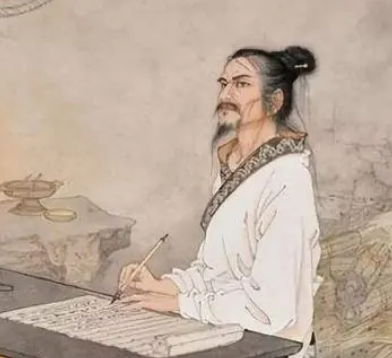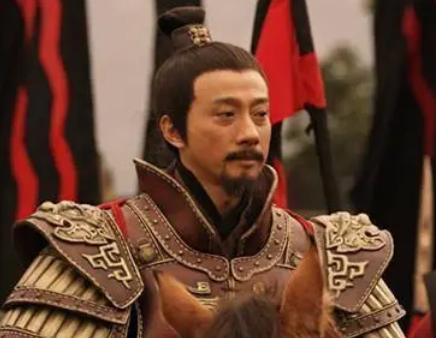Electricity, as a fundamental physical phenomenon in nature, has always been a focus of human research. Although the concept of "electricity" has existed since ancient times, the true development of electrical science can be traced back to several centuries ago. This article will explore who invented electricity and when it first appeared.

The discovery of electricity was not completed by a single inventor, but was a process of gradually unveiling its mysteries through continuous experiments and research by multiple scientists. As early as the ancient Greek period, Thales of Miletus discovered the phenomenon that amber could attract light small objects after friction, which was an early discovery of static electricity. However, it was the scientists of the 17th century who systematically studied electricity and applied it to practical use.
In the 17th century, Otto von Guericke discovered the attractive and repulsive forces of electricity and invented the first electrostatic generator. Subsequently, Stephen Gray discovered the propagation properties of electricity through experiments. These early studies laid the foundation for later electricity research.
In the 18th century, Benjamin Franklin proved through his kite experiment that lightning was a form of electricity, a discovery that greatly promoted the development of electricity research. Alessandro Volta invented the battery at the beginning of the 19th century, which was the first device capable of generating stable current and opened up new possibilities for the application of electricity.
With the discovery and deepening of research on electricity, its applications have also begun to enter people's lives. In the mid-19th century, Thomas Edison and other scientists invented a series of electrical equipment, such as electric lights, motors, etc., which revolutionized human production and lifestyle.
In summary, the discovery and development of electricity is a long and complex process involving contributions from many scientists. From the static electricity phenomenon in ancient Greece to the electrical revolution in the 19th century, research on electricity has continued to deepen, and its applications have become increasingly widespread. Today, electricity has become an indispensable part of modern society, playing a crucial role in fields such as energy, communications, and healthcare.
Disclaimer: The above content is sourced from the internet and the copyright belongs to the original author. If there is any infringement of your original copyright, please inform us and we will delete the relevant content as soon as possible.































